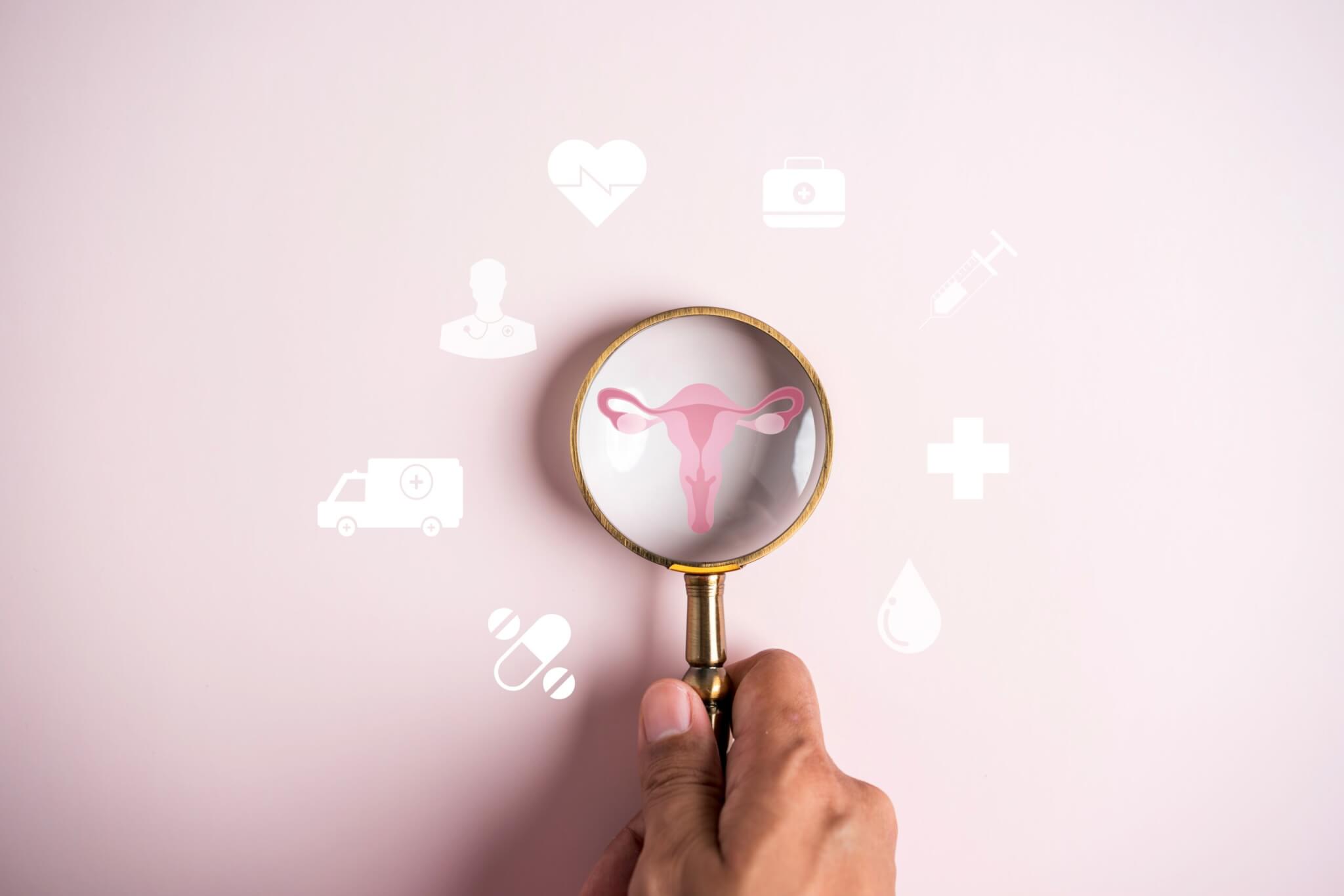Over the coming week (19th to 24th June) the annual Cervical Screening Awareness Week will shed a spotlight on the risks of developing cervical cancer and the importance of cervical screening in its prevention.
Cancer Research UK’s studies have found that cervical screening plays a huge part in preventing around 70% of deaths from cervical cancer.
However, as a counterbalance to this positive news, NHS England statistics show that as many as 1 in 3 women in the UK fail to attend cervical cancer screening appointments. The NHS believes that some women don’t get screened because they:
- Fear what the results will reveal.
- Are embarrassed about the procedure involved.
- Worry that they will feel uncomfortable during the screening.
- Can’t find the time to attend the appointment.
Throughout Cervical Screening Awareness Week, news briefings, articles, and campaigns will focus on two main aspects of people’s concerns about cervical screening:
Education – so that more women have a better understanding of what’s involved in undergoing a test.
Reassurance – to allay many common misconceptions some women have about undergoing the screening test.
At the same time, attempts to raise awareness will continue to be highlighted by the media and others in an effort to see more women attend their screening appointments.
How does cervical screening prevent cancer?
Attending regular cervical screenings is key to spotting the high-risk virus that causes almost all cases of cervical cancer and, by doing so, ensuring the correct treatment is provided to treat the virus at the earliest possible time.
Over 99% of cervical cancer cases are caused by human papillomaviruses, referred to simply as HPV.
HPVs are common viruses which our immune systems usually fight off. However, some types of HPVs are associated with a higher risk of getting cervical cancer, and persistent infection with one of these increases a woman’s risk of developing the disease.
On 10 June 2025, NHS England announced that it was rolling out a more personalised cervical screening programme for millions of women in England. From the start of July, women aged 25 to 29 who test negative for HPV and are thus deemed at low risk of getting cervical cancer will only be invited to attend a smear test every five years rather than every three. This announcement aligns with significant clinical evidence.
On the other hand, those whose tests indicate HPV is present (or who have a history of HPV) will be invited for more frequent checks.
Wales adopted a similar 5-year screening programme for women who have tested negative for HPV back in January 2022.
What happens during a cervical screening?
Many women, particularly those who have never attended a cervical screening appointment before, are nervous about the procedure. Understandably, this apprehension can cause some individuals to decide against attending their appointment. Knowing what to expect helps demystify the procedure and hopefully provides a bit of reassurance.
During the smear test, a healthcare provider will remove a sample of cells from the cervix to send to a lab for testing. Cervical screening is a quick procedure, typically performed at the person’s GP surgery. It’s usually painless, with most women experiencing little more than a strange or slightly uncomfortable sensation. If the screening is painful, the healthcare professional should be informed, as it shouldn’t be a painful experience.
What are the possible results of my cervical screening?
Most cervical screening results are HPV-negative, which means that the chances of developing cervical cancer are minimal.
If the lab tests detect HPV but there are no abnormal cells, the person will likely be asked to return in a year for further screening. If cell changes are detected, there will be a referral to undergo a procedure known as a colposcopy, during which a healthcare professional will take a closer look at your cervix.
How effective is cervical screening in preventing cervical cancer?
Cervical screening is incredibly effective at preventing cervical cancer. If everyone eligible for screening attended their appointments, it’s estimated the screening regime could prevent as many as 83% of deaths from the disease, according to the Gov.uk website.
Young adults aged 12-13 are also eligible for the HPV vaccine, which itself prevents 90% of cervical cancer cases. This vaccine, coupled with regular screening, offers exceptional protection from cervical cancer.
Despite its overall effectiveness, cervical screening can’t prevent every cervical cancer case. Sometimes, for example, cancer may develop in between check-ups.
However, sometimes women develop cervical cancer because symptoms went undetected due to errors made by health professionals.
Examples of situations in which a medical health professional practitioner might be negligent in the context of someone developing cervical cancer include:
- Test results get misinterpreted with a failure to recognise abnormal cells, resulting in a ‘false negative’ test result, which may lead to a delayed cancer diagnosis at a later stage or, worse still, be missed altogether.
- A failure to investigate or treat abnormal cells.
- Misdiagnosis of symptoms. Some conditions, such as vaginal amebiasis and endometriosis, have symptoms similar to cervical cancer. If a doctor mistakes symptoms for those of another condition, they have probably been negligent.
Summary
Cervical Screening Awareness Week (19–24 June) aims to raise awareness of cervical cancer and the importance of regular screening.
Cervical screening can prevent up to 70% of deaths from cervical cancer, but 1 in 3 women in the UK are missing appointments.
Common reasons for not attending include fear, embarrassment, discomfort, and time constraints.
The awareness campaign focuses on education and reassurance to combat misconceptions and boost screening rates.
Cervical screening detects HPV, which causes over 99% of cervical cancer cases.
New NHS guidance: from July 2025, women aged 25–29 who test HPV-negative will be screened every 5 years (already in place in Wales).
The procedure is quick, generally painless, and carried out at GP surgeries.
Most results are HPV-negative, but abnormal results lead to monitoring or further testing like colposcopy.
Screening is highly effective, potentially preventing 83% of cervical cancer deaths.
In rare cases, some women may unfortunately get cervical cancer due to medical negligence when a healthcare professional misinterprets, misdiagnoses or misses cancer symptoms altogether, leading to delayed diagnosis.
For further reading about delayed cervical cancer diagnosis claims, see: https://www.mooneerams.com/medical-negligence-claims/delayed-misdiagnosis-cancer-claims/
Posted in Medical Negligence, News










